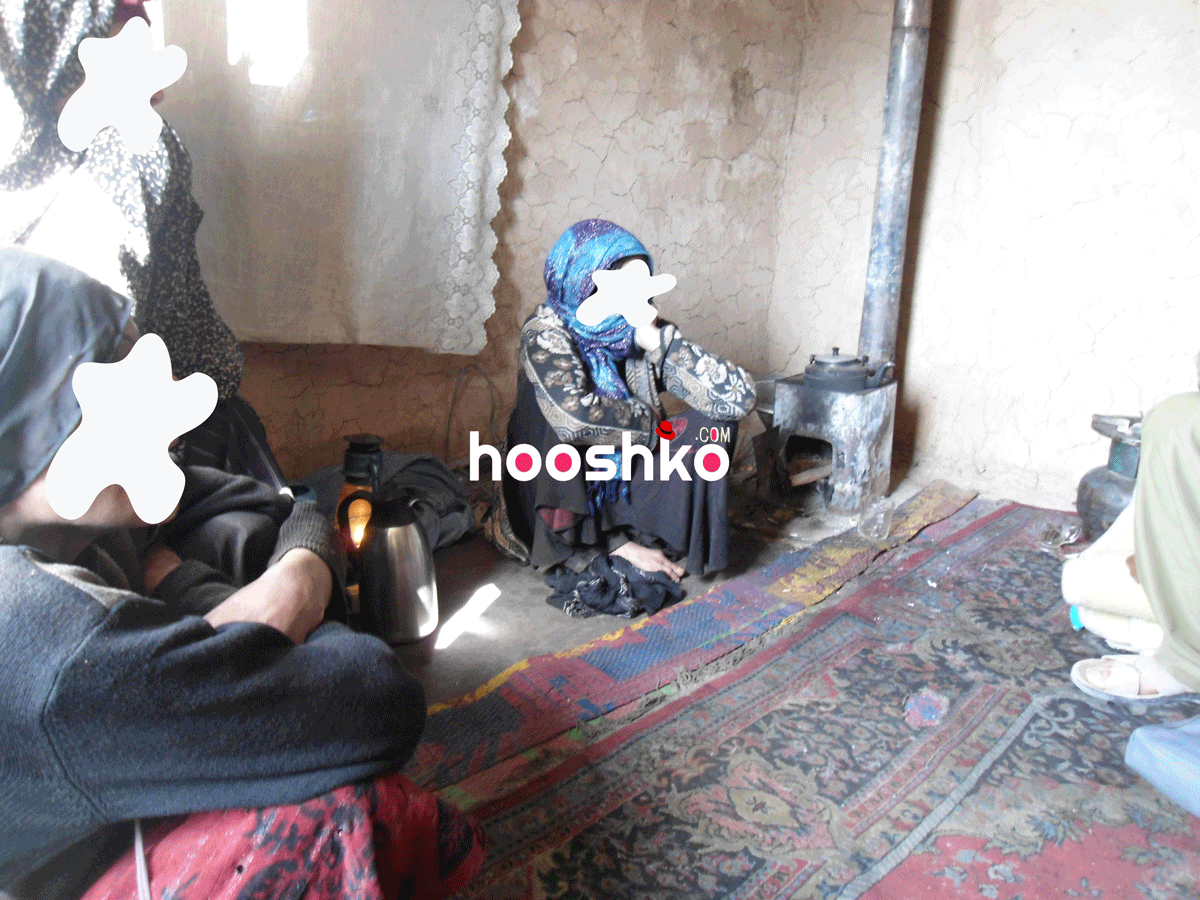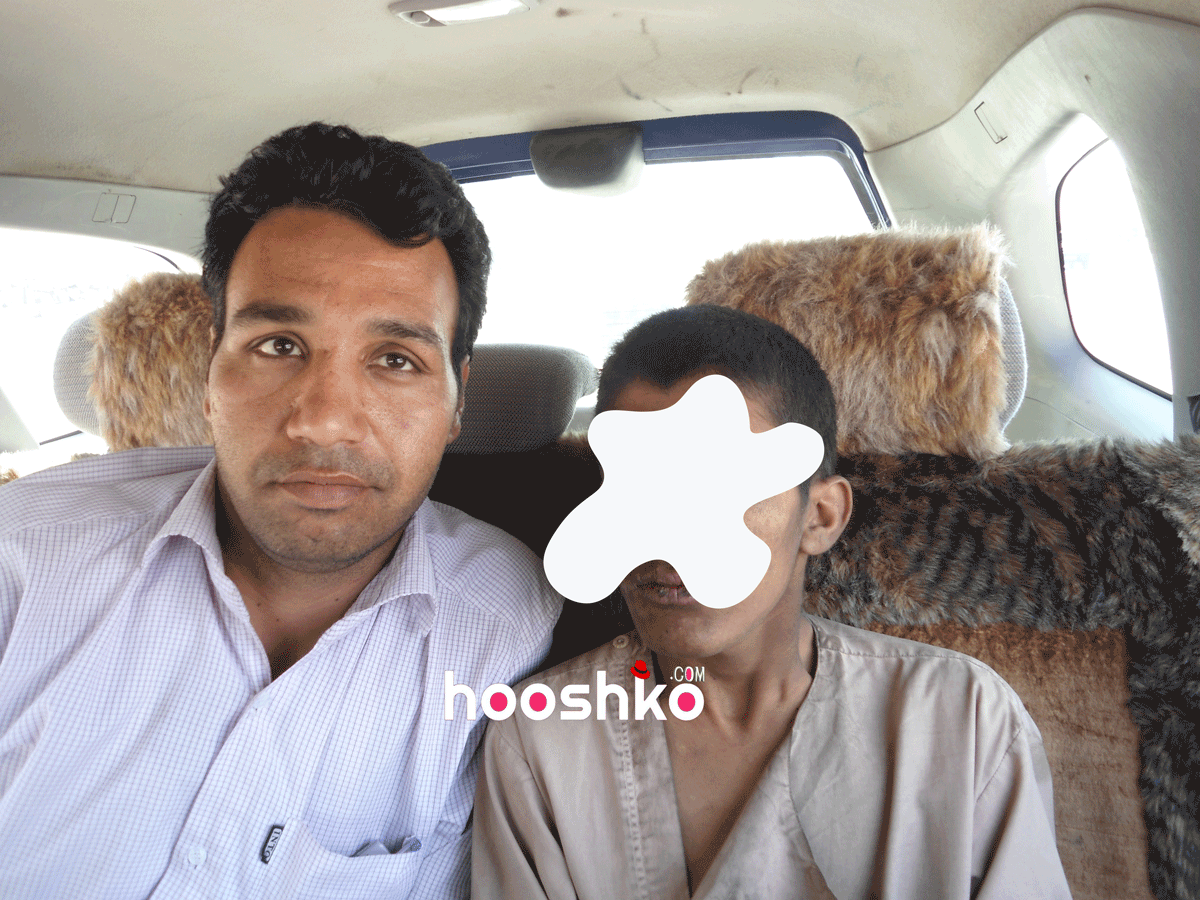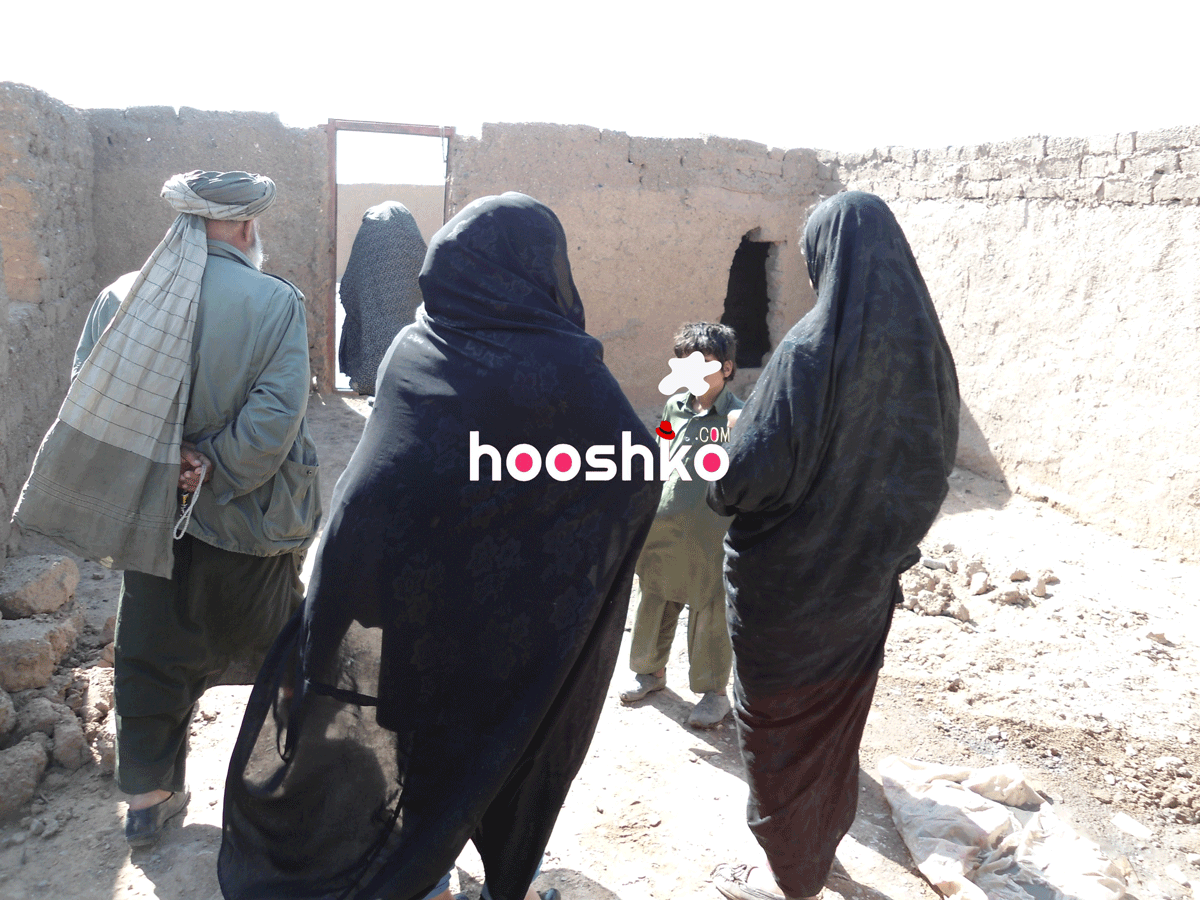Welcome to Hooshko
My activities with international projects put me at risk of prosecution by the Taliban
I am now seeking a safe place for myself and my family, away from threats and violence
Field Challenges – Reaching Vulnerable Women and Children
Identifying and supporting women and children affected by drug addiction—or at high risk—was one of the most difficult and sensitive parts of our work. These efforts took place mostly on the outskirts of the city and in remote areas, where both resources and cultural safety were limited.
In some Pashtun communities, even humanitarian contact between men and women was viewed as sinful. Many families refused cooperation, and in some cases, we received direct threats or verbal attacks.
But with patience, respectful dialogue, and references to the Quran, we gradually earned the trust of several families. Doors that were once closed began to open, and change slowly became possible.
One photo shows a brave woman and teenagers who met us discreetly to receive support. Another features a tribal elder who had once threatened us—now turned into a supporter. These moments reminded us that with sincerity and cultural awareness, even the hardest walls can soften.



During our searches and missions both inside and outside the city, a common major challenge existed. Due to the traditional Afghan society, verbal communication between unrelated men and women was forbidden, and men strongly opposed it, especially the Pashtun tribe, which had stricter social rules.
However, we gradually progressed by speaking with men, listening respectfully to their words. We repeatedly visited the area accompanied by a female nurse and doctor to gain their trust.
Using Quranic verses and hadiths, we responded calmly and guided them despite their harsh reactions.
As shown in the photo, we visited a tribal elder in a region. Initially, when they understood our identity and purpose, they insulted and threatened us, calling us spies.
But after several discussions and presenting Quranic proofs, they finally agreed and allowed us to conduct searches in the village.
